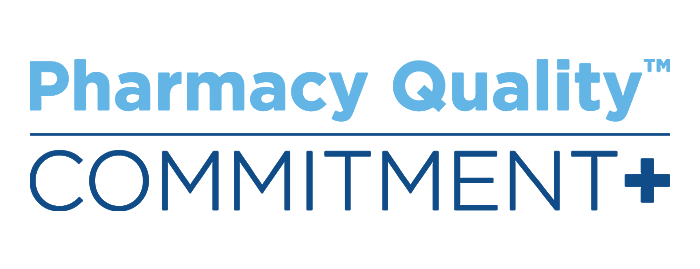Complete Story
Ohio Department of Medicaid lowers barriers for prescription drug access
In light of the COVID-19 pandemic, the Ohio Department of Medicaid (ODM) has announced new measures aimed at reducing provider burdens and opening up access to medications to Medicaid beneficiaries. These progressive measures will help ensure patients have the medications and care they need as unprecedented strain hits Ohio's health care system.
ODM, in conjunction with the managed care organizations (MCOs) and MyCare Ohio Plans (MCOPs), has eased several restrictions in their pharmacy benefits to ensure members can promptly receive current and new prescriptions. These changes will cover both managed care and fee-for-service providers. The emergency provider agreement:
- Allows members to receive new prescriptions, bypassing prior authorization requirements on covered outpatient drugs, with limited exceptions.
- This was a specific request from OPA to limit administrative burdens, unnecessary delays to care, and restrictive access.
- Enables members to receive pharmacy benefits regardless of the pharmacy’s status as an in-network or out-of-network provider.
- This was a specific request from OPA that ensures that the state can reduce patient wait times, commutes, hassles, and access restrictions. This is a vital pro-patient move that opens patient access to any willing pharmacy provider.
- Relaxes the current medication refill threshold on selected pharmaceuticals; billing documents should include the code to SCC 13 when submitting claims.
- Authorizes reimbursements to pharmacies to dispense an emergency medication refill without a
prescription, in accordance with ORC section 4729.281.- This coverage requirement builds off OPA's work in the 131st General Assembly to empower pharmacists to issue emergency refills to patients when their refills expire.
- Will reimburse pharmacies dispensing over the counter (OTC) medications without a prescription, not to exceed a 30-day supply. Providers should use clinical judgment on appropriate count and types of OTCs to dispense and should include an NPI number in the prescriber field when submitting a claim for payment.
- This was a specific request from OPA to reduce unnecessary calls and visits to doctors’ offices for over-the-counter medications. We believe that pharmacists should be able to initiate orders for these items, using their professional judgment, and this is exactly what this new ODM guidance does.
- According to the Medicaid MCO provider agreement, MCOs are to allow pharmacies to dispense and receive payment for over the counter medications (OTCs) without a prescription and use their own store NPI (or something similar) in the “prescriber” field. At a minimum, the MCP may use their currently covered list of OTC medications. To the extent possible, or when communicating to pharmacies, MCOs should ensure pharmacists use their clinical judgement on appropriate types and quantities of OTCs to dispense, not to exceed a 30-day supply.
- Temporarily waives member co-pays, regardless of whether the use is related to COVID-19.
- Authorizes 90-day supplies of certain maintenance medications continues through this time.
- This also builds on OPA's work from the 131st General Assembly to allow pharmacists to combine refills up to a 90-day supply.
- Removes all barriers that may exist for home or mail delivery services, as well as diabetic testing supplies and respiratory aerosol machines, in the pharmacy benefit.
- These were also specific requests from OPA that will ensure that patients can access needed supplies and medications without being forced to come to the pharmacy.
- Waives the requirement for signatures for prescriptions pick-up.
- This was another specific request from OPA in order to minimize the unnecessary risk of virus spread through physical signature logs.
- Permit and provide coverage for pharmacy compounding in accordance with the Automatic Exemptions to ORC 4729-16-10 and Expanded Definitions of Drug Shortages released by the Ohio Board of Pharmacy.
- This was another specific OPA request to ensure that if drugs are in shortage, that pharmacies can readily compound them for patients and obtain coverage for those compounds.
For the complete ODM guidance, with further details on prior authorizations and other managed care guidance, click here. For even more detailed information, view Appendix S of the newly-updated MCO provider agreement here (see pages 226-230).
OPA applauds the team at the Department of Medicaid for making these changes, which will significantly eliminate barriers that stand in the way of patients accessing their needed medications during the pandemic. We believe many of these policies can and should be adapted for long-term Medicaid policy.
While we continue to work with the Department for fixes to some of the remaining PBM problems in the managed care program, implementing the supplemental dispensing fees, and credentialing pharmacists with provider IDs, these emergency reforms to the pharmacy benefits program are fantastic steps forward that continue to position Ohio as a national leader in the response to the COVID-19 pandemic.
For questions regarding this guidance, please contact Medicaid_pharmacy@medicaid.ohio.gov.
For more information on OPA's efforts to respond to the COVID-19 pandemic, click here.


